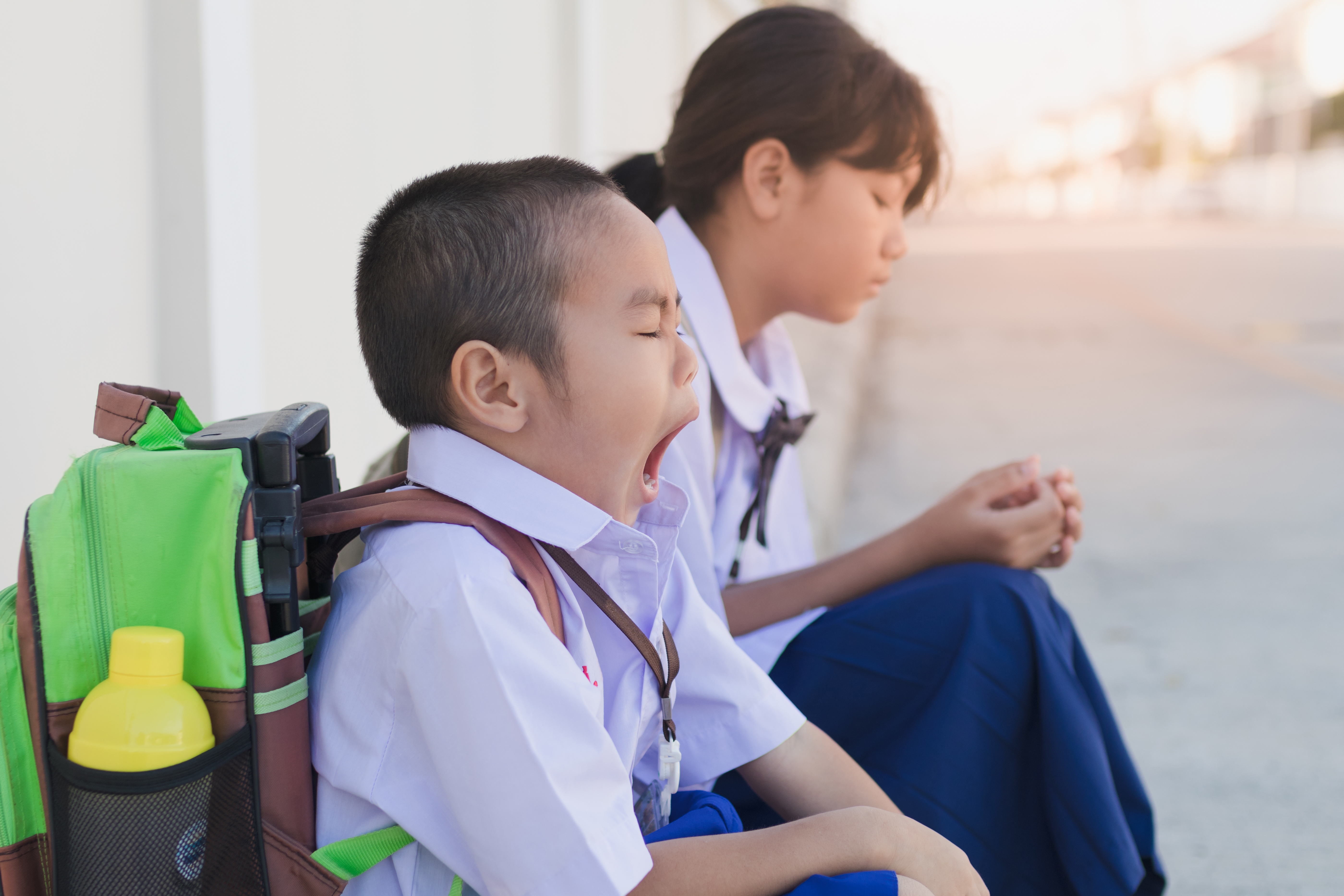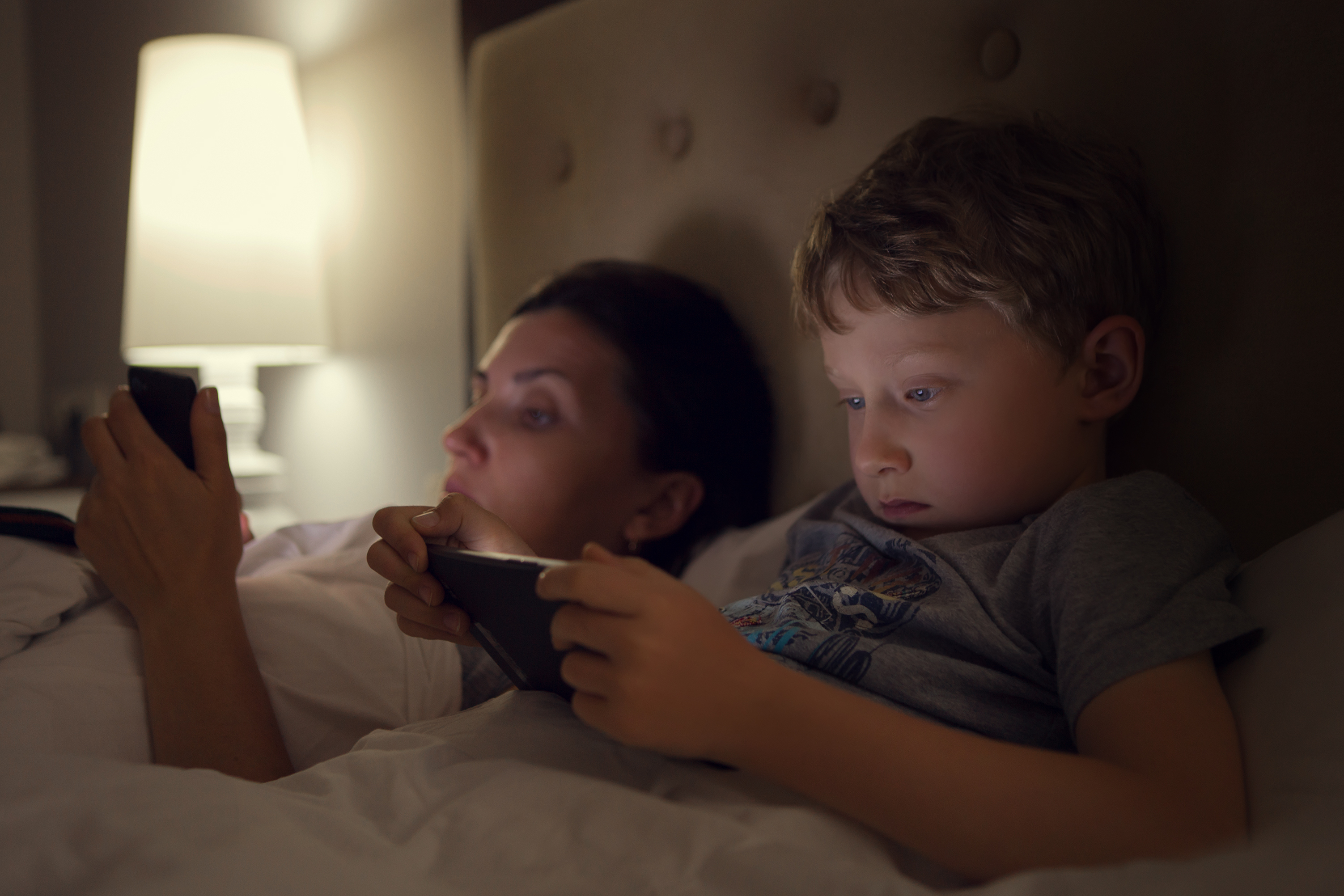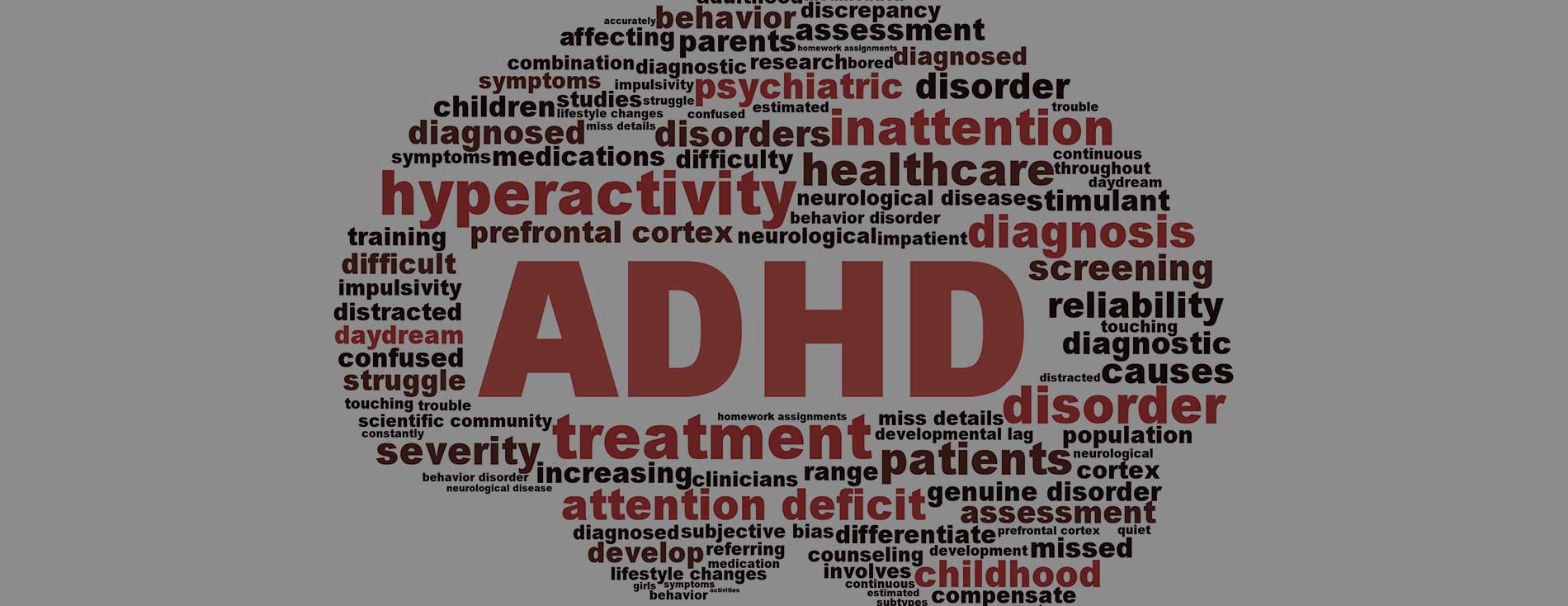Article Categories
- ADHD
- Anxiety
- Articulation
- Attention problems
- Auditory Processing
- Autism Spectrum Disorder
- Behavioral Problems
- Comprehension Problems
- Concussion/Head Injury
- Depression/Sadness
- Eating/Feeding
- Executive Functioning
- Fluency Disorder/Stuttering
- General
- Language Disorder
- Mathematics
- Mood
- Reading
- Sensory/Motor Problems
- Social Skills
- Writing
ChildNEXUS Consultation

ChildNEXUS 45-minute Consultation
Fixed price. No hidden fees or long-term commitment.
Schedule Consultation












